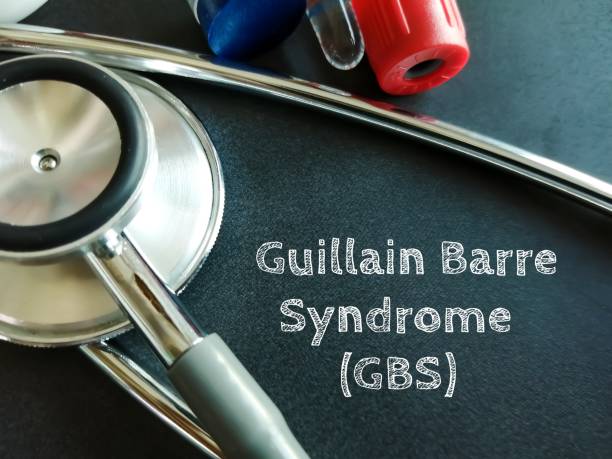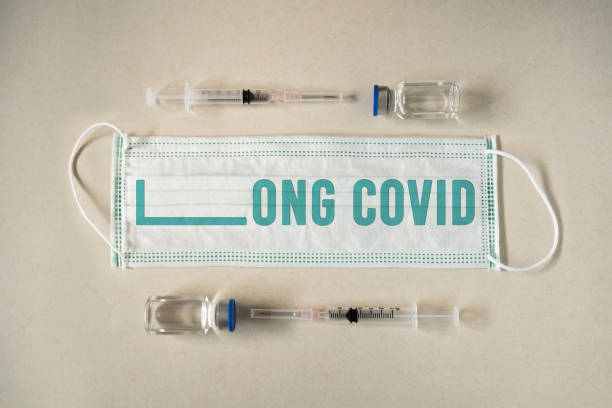If you’ve been struggling with brain fog after recovering from COVID-19, you’re not alone. Many people report ongoing issues like forgetfulness, difficulty concentrating, and mental fatigue long after their initial infection. This cognitive dysfunction, commonly known as brain fog, is one of the most persistent and frustrating symptoms of Long COVID. Scientists believe it stems from inflammation, disrupted blood flow, and immune system overactivity affecting the brain. The good news? There are natural strategies that can support your brain’s healing and help you regain mental clarity.
1️⃣ What Causes Brain Fog in Long COVID?
Brain fog in Long COVID is believed to result from a mix of inflammation, microclotting, and immune dysregulation that impact brain function. A 2022 study published in Nature Neuroscience found that even mild COVID-19 cases can lead to structural changes in the brain, including reduced grey matter (Nature). The virus may also affect the vagus nerve, which connects the brain to other organs, leading to fatigue and cognitive symptoms.
2️⃣ Anti-Inflammatory Foods That Nourish the Brain
Reducing inflammation through diet is a great starting point for managing brain fog. Anti-inflammatory foods like leafy greens, turmeric, fatty fish (rich in omega-3s), and berries support brain health and combat oxidative stress (Harvard Health). These foods can improve memory, focus, and mental clarity over time, especially when eaten consistently.
3️⃣ The Power of B Vitamins for Cognitive Function
B vitamins—especially B1 (thiamine), B6, B9 (folate), and B12—play critical roles in energy metabolism, neurotransmitter function, and nerve health. Deficiencies can worsen fatigue and memory issues. A review in Nutrients noted that B vitamin supplementation may improve cognitive performance in individuals with brain fog or fatigue (Nutrients). Many Long COVID survivors find relief with a high-quality B complex, particularly methylated forms that are easier to absorb.
4️⃣ Lion’s Mane and Chaga for Brain Support
Medicinal mushrooms like lion’s mane and chaga have neuroprotective and anti-inflammatory properties. Lion’s mane contains compounds that may promote nerve regeneration and improve memory and focus (Frontiers in Aging Neuroscience). Chaga, on the other hand, is rich in antioxidants and supports immune balance, which is crucial in Long COVID recovery (International Journal of Medicinal Mushrooms). These mushrooms can be taken as capsules, teas, or tinctures.
5️⃣ Movement and Circulation Matter
Regular movement improves blood flow to the brain and enhances oxygen delivery, which helps clear mental fog. Even gentle exercises like walking, stretching, or yoga can reduce inflammation and support neuroplasticity—the brain’s ability to adapt and recover. Try to move for at least 20–30 minutes a day. Many people with Long COVID find that pacing, or balancing activity with rest, prevents crashes and supports more stable energy.
6️⃣ Deep Sleep and Brain Detoxification
Sleep is when your brain flushes out toxins and resets neural connections. Without it, brain fog only worsens. Long COVID often disrupts sleep, making rest elusive. Create a wind-down routine, avoid screens at night, and consider magnesium glycinate to calm the nervous system (Sleep Foundation). Deep sleep helps the glymphatic system, your brain’s waste-clearing mechanism, function properly.
7️⃣ Adaptogens and Brain-Supportive Herbs
Herbs like ashwagandha, rhodiola, and ginkgo biloba may help balance stress hormones and enhance cognitive resilience. These adaptogens support energy, memory, and mood without overstimulating the nervous system. Always consult a practitioner before combining herbs with medication. Natural remedies work best when they are part of a comprehensive lifestyle approach.
To summarize – Long COVID brain fog can feel like you’ve lost a part of yourself—but healing is possible. By reducing inflammation, supporting your brain with B vitamins and medicinal mushrooms, eating nutrient-dense foods, and prioritizing sleep and gentle movement, you can gradually reclaim your clarity and focus. Be patient with your recovery and celebrate small wins along the way. Your brain is resilient—and with the right care, it can bounce back.
📩 Sign up for our newsletter to receive weekly tips on Long COVID recovery and brain health.




